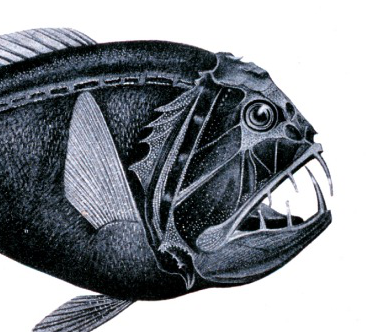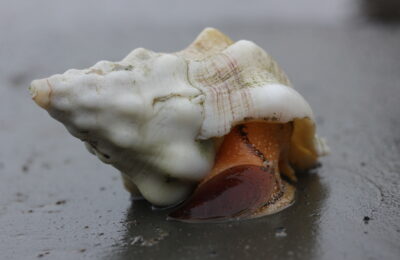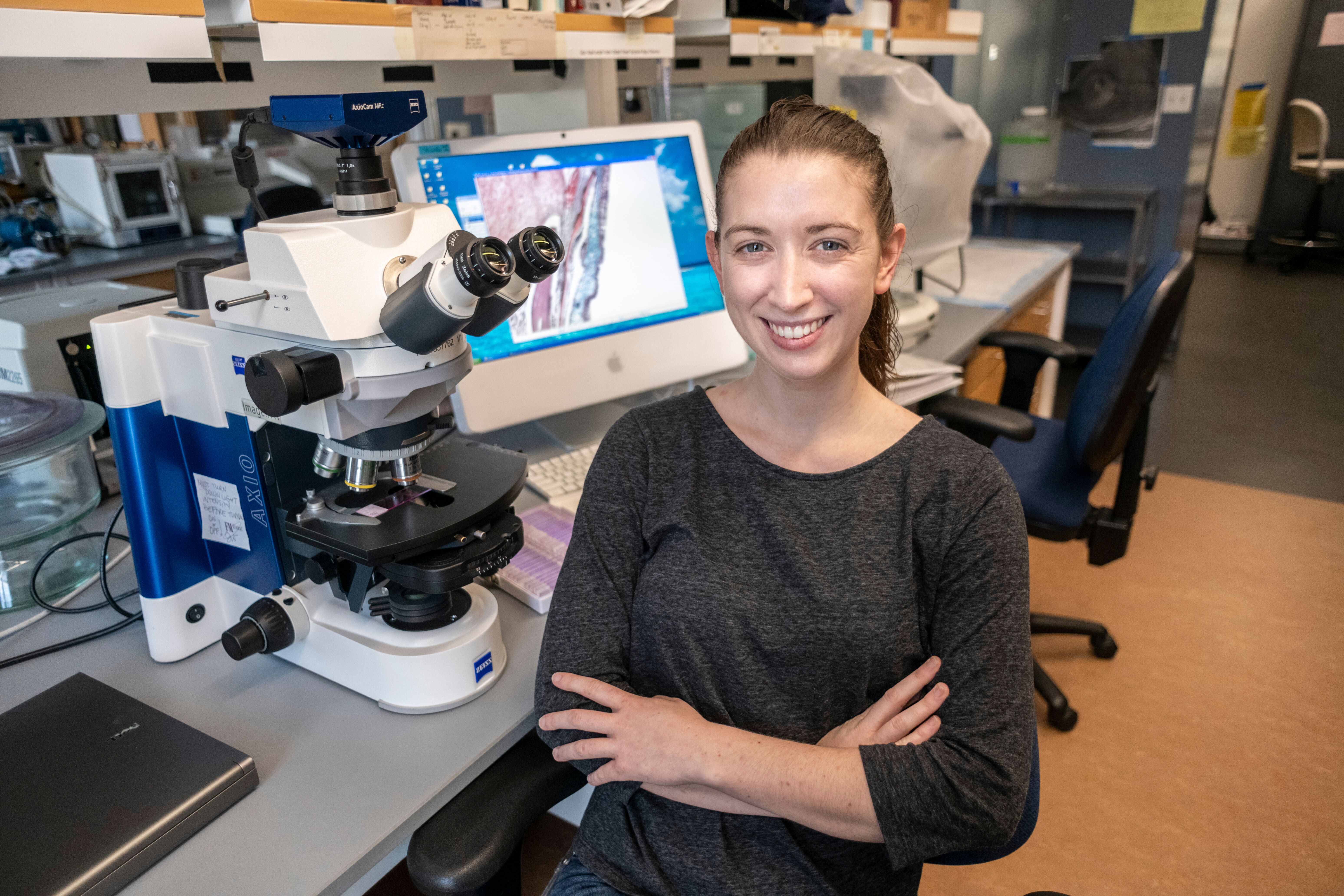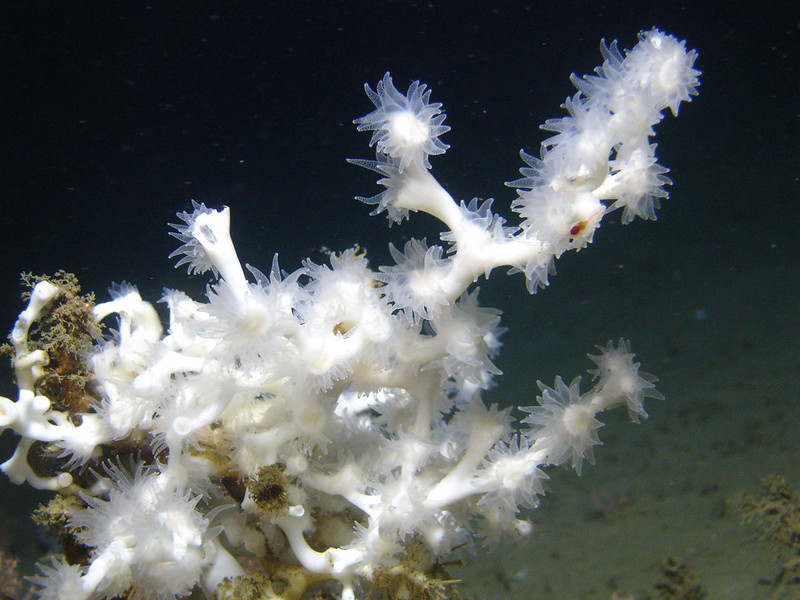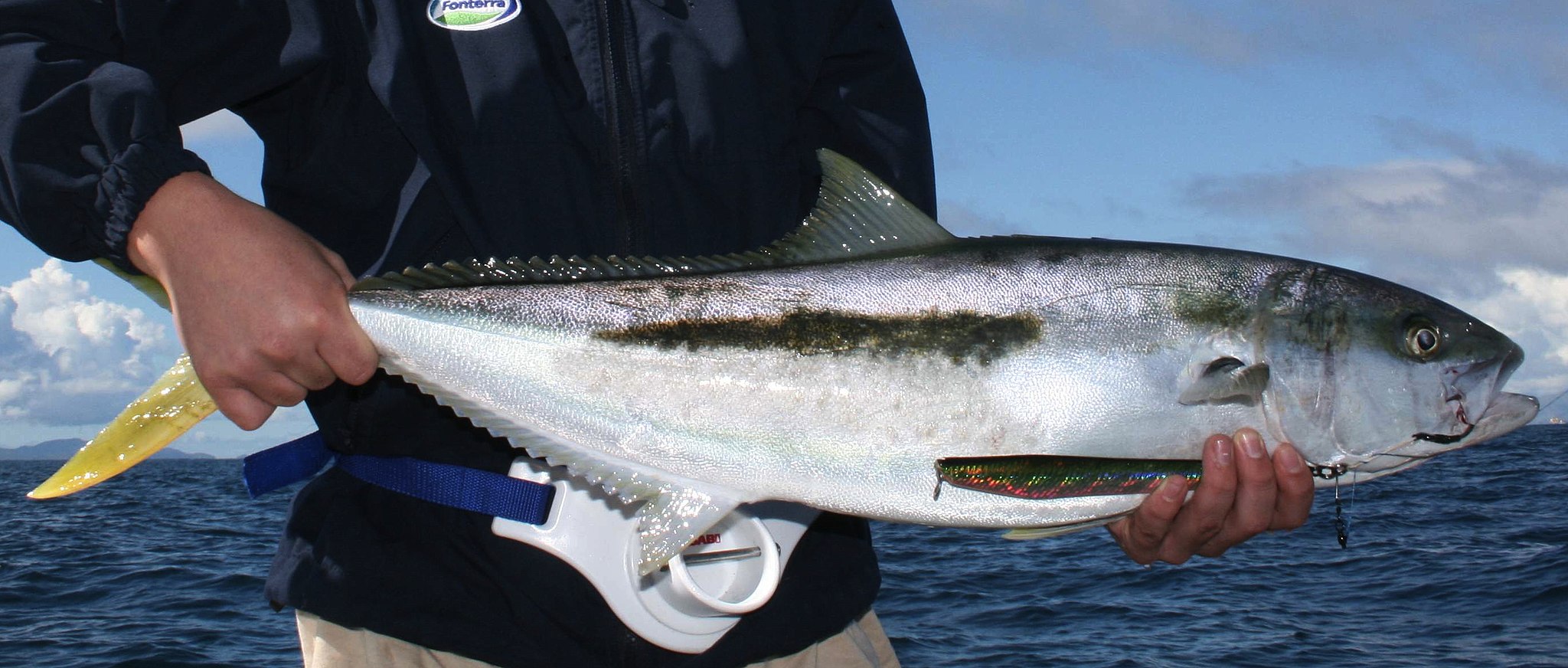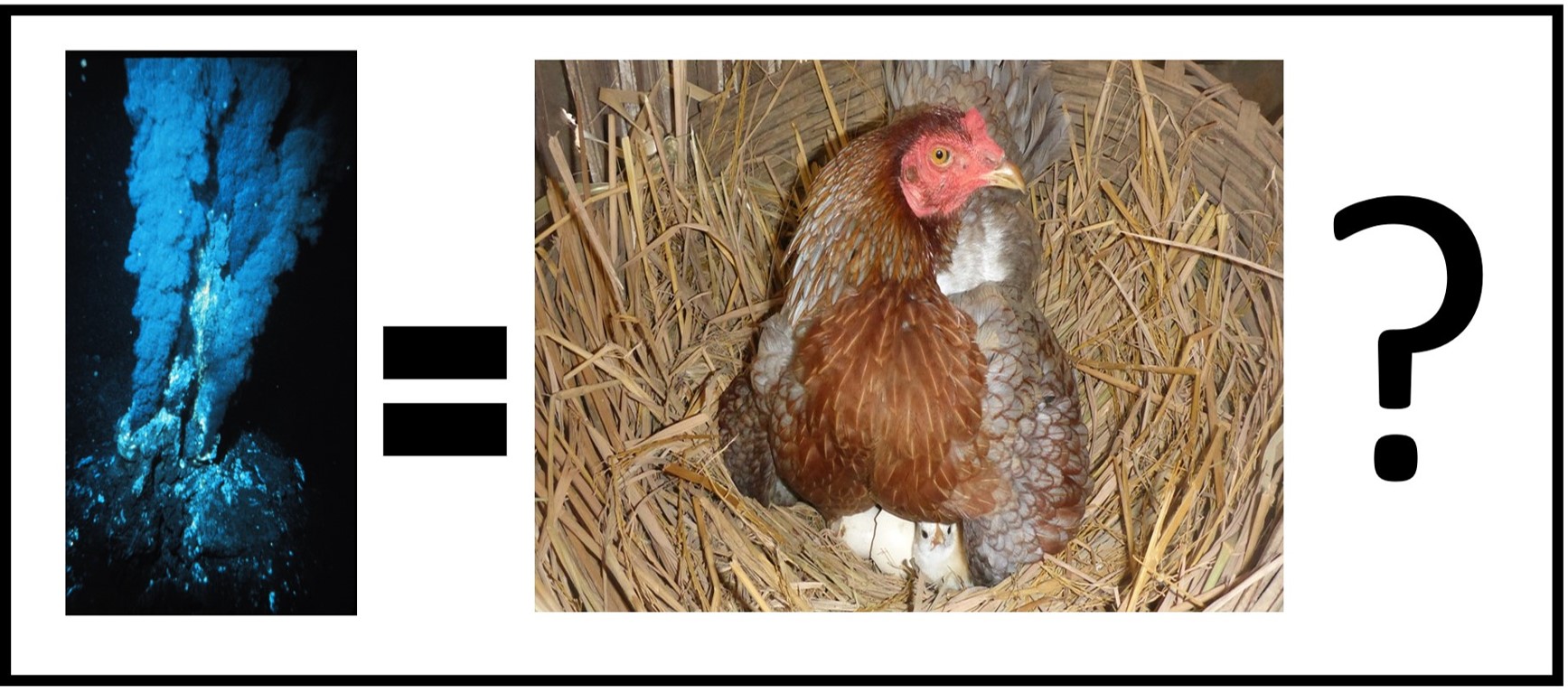Aquaculture Climate Change Developmental Biology
Larval thermal tolerance of a marine whelk is affected by marine heat wave temperatures
How do marine heat wave temperatures affect larval gastropods, and what does this mean for an emerging shellfishery?
